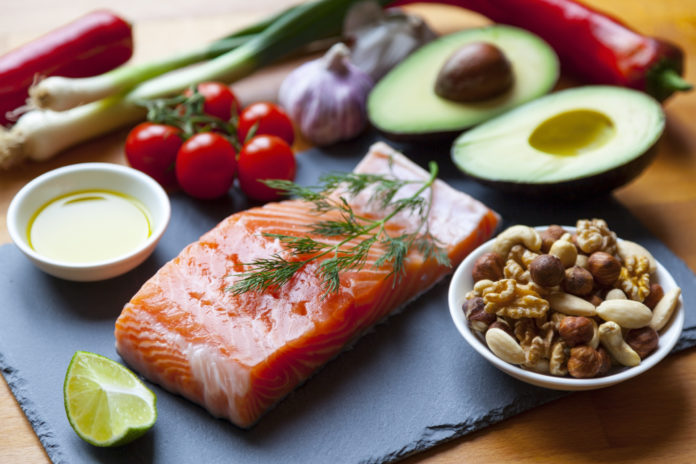One of the few things agreed upon by medical experts is that a higher intake of fruits and vegetables (FVs) is a good thing for one’s health. A multitude of studies demonstrate that FVs are a great source of fiber, phytonutrients, vitamins and minerals, and have a high antioxidant rating. In addition, FVs reduce the risk of cardiovascular disease, cancer, and other serious diseases. Most people struggle to get the 4 servings of fruits and 5 servings of vegetables per day as recommended by the American Heart Association.
Pesky Pesticides
But what about organic vs non-organic fruits and vegetables? A recent study involved over 150,000 women and men that looked at the intake of FVs and those foods which had high pesticide levels compared to low levels. They found that people who consumed equal to or more than 4 servings of low-pesticide FVs daily had a 36% lower all-cause mortality (death) risk. However, people consuming high-pesticide FVs all cause-mortality was only 7% lower. The takeaway point is that pesticide laden foods may counteract the benefits of FVs on mortality.
About 50% of the FVs consumed in America have detectable FVs. The Environmental Working Group top 12 most concerning produce with pesticides includes:
- Strawberries
- Spinach
- Kale, collard and mustard greens
- Nectarines
- Apples
- Grapes
- Bell and hot peppers
- Cherries
- Peaches
- Pears
- Celery
- Tomatoes
The Environmental Working Group also gives their rating for the 15 cleanest foods which include:
- Avocados
- Sweet corn
- Pineapple
- Onions
- Papaya
- Sweet peas(frozen)
- Asparagus
- Honeydew melon
- Kiwi
- Cabbage
- Mushrooms
- Cantaloupe
- Mangoes
- Watermelon
- Sweet potatoes
Conclusion
It makes sense to buy organic as much as possible, especially restricting the 12 foods with concerning pesticides and focusing on the cleaner foods. However, it is still more important to consume an increased amount of fruits and vegetables whether you have access to organic products or not.
Dr. Mark Stengler NMD, MS, is a bestselling author in private practice in Encinitas, California, at the Stengler Center for Integrative Medicine. His newsletter, Dr. Stengler’s Health Breakthroughs, is available at www.americasnaturaldoctor.com His clinic website is www.markstengler.com
References
Group EW. Dirty Dozen™ fruits and vegetables with the most pesticides. EWG’s 2022 Shopper’s Guide to Pesticides in Produce | Dirty Dozen. https://www.ewg.org/foodnews/dirty-dozen.php. Accessed January 20, 2023.
Sandoval-Insausti H, Chiu YH, Wang YX, et al. Intake of fruits and vegetables according to pesticide residue status in relation to all-cause and disease-specific mortality: Results from three prospective cohort studies. Environ Int. 2022;159:107024. doi:10.1016/j.envint.2021.107024

